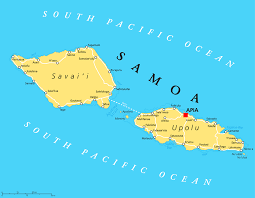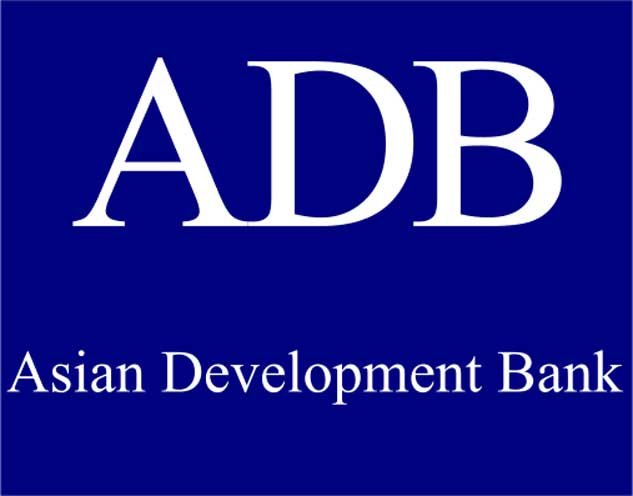BY Dr Xiaoyun Si, Medical Ph.D. & M.D.
Chief physician, Department of Cardiology Affiliated Hospital of Guizhou Medical University (GMU)
GESTATIONAL hypertension is a clinical condition (high blood pressure) during pregnancy. The blood pressure greater than or equal to 140/90 that begins during the latter half of pregnancy (typically after 20 weeks). There’s no excess protein in the urine and there are no other signs of organ damage.
During pregnancy, high blood pressure can affect the mother in different ways than it normally would. If high blood pressure goes unmanaged, both the mother and the fetus are at risk for complications. In this passage, I will introduce risks caused by gestational hypertension before we are talking about the preventive measures on it.
Risks to the Mother:
Organ Dysfunction: Gestational hypertension can lead to abnormalities in liver function, kidney damage, and thrombocytopenia.
Cerebral and Cardiovascular Disorders: Pregnant women with gestational hypertension might experience symptoms like headaches, vision issues, and chest pain, which could escalate to cerebral vessel events, posing life-threatening risks.
Preeclampsia: In some instances, gestational hypertension progresses to preeclampsia, diagnosed by high blood pressure and the presence of protein in the urine. Preeclampsia can result in severe—potentially fatal—complications for both mother and baby.
Risks to the Baby:
Placental Blood Flow: Reduced blood flow to the placenta due to gestational hypertension can lead to decreased oxygen and nutrient supply to the fetus, causing intrauterine growth restriction.
Fetal Distress: In-utero fetal distress can result in low birth weight or premature birth.
Future Health Risks: Babies born to mothers with gestational hypertension might face a heightened risk of cardiovascular diseases in adulthood.
Prenatal Complications: Infants born to mothers with gestational hypertension are at a higher risk of neonatal asphyxia, hypoglycemia, and other complications, leading to increased mortality and disability rates.
In conclusion, gestational hypertension is a significant clinical condition, impacting both the mother and the baby. Therefore, it is crucial to undertake preventive measures and manage gestational hypertension to minimize its potential harm. In the next issue, we will talk about the preventive measures.
(Translated by HUANG BAILIN, International Office, Guizhou Medical University)













